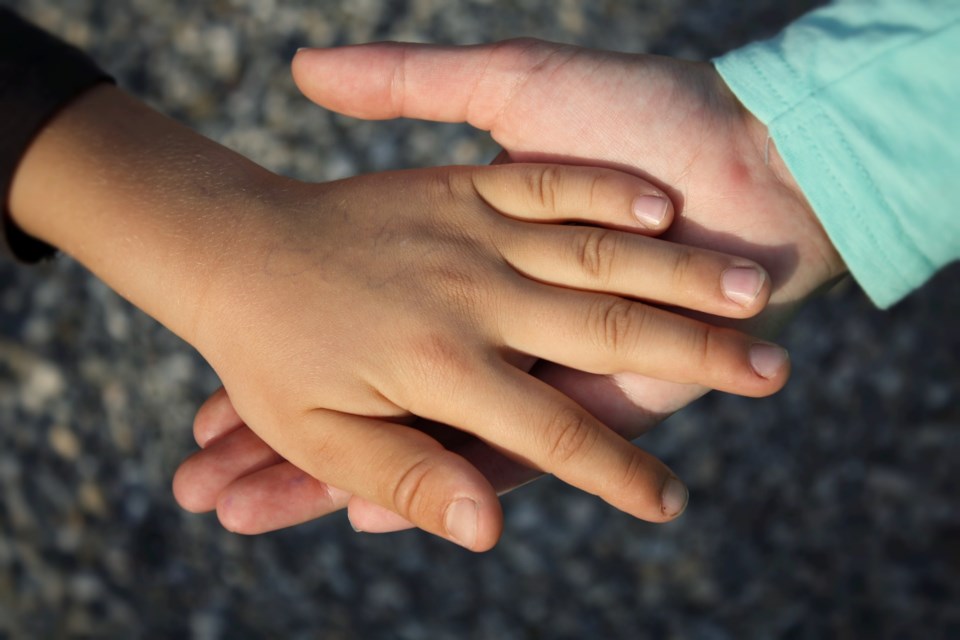The pandemic has changed our lives. Yes, for now, not forever, as Dr. Bonnie Henry has so often told us.
COVID-19 has made our little island more insular. And with that change come stresses of various shapes and sizes. Some of us have either lost our jobs or had our incomes severely diminished. Some of us have been at home for months with children underfoot and with few options for socializing. And, quite understandably, some of us may experience anxiety, depression, family conflict, or a tendency to drink a little (or a lot) more than we should.
What are the kinds of problems that typically arise on Bowen? Two local counsellors, Dr. Gayle Goldstein and Dr. Carolyn Nesbitt, both noted a lack of connectedness in recent months, made more difficult by the spread-out nature of Bowen and the necessary limits on social gathering.
Goldstein spoke of the range of issues––from young people going through depression, difficulties with substances and family conflicts to the more adult population sometimes dealing with similar issues as well as financial concerns and young children at home. Both doctors pointed to signs that might indicate a need for help: using alcohol or other drugs as a coping mechanism, experiencing emotional upset on a regular basis, not sleeping well, not working and having no sense of purpose, not having connections with people on or off island.
Both pointed to the use of alcohol and cannabis as a problem for some islanders – not the use in itself – but using habitually as a way of coping. Dr. Goldstein also indicated that there is a relatively longstanding subculture of cocaine use on the island, typically among young or middle-aged adults, that is combined with alcohol. The use of cocaine allows drinking to continue – a drink of a depressant, followed by the inhalation of a stimulant. And on it goes. The concern with cocaine and other pills and powders – and with virtually any drug outside of alcohol or cannabis – is the risk of a toxic supply and death by overdose.
Many users on Bowen and elsewhere are taking some precautions, using test kits and/or carrying Narcan, in order to reverse an overdose when needed. But with the pandemic, more are using alone, and the risks of a toxic supply and hence, overdose, have increased.
Bowen Island is not immune from the problems we read about on the streets of Vancouver. And good mental health is also not just about the issue of the use of alcohol and other drugs. We are very fortunate to live in this caring community, and to have an organization like the Caring Circle Health and Wellness Society.
B.I. Community Foundation, working in collaboration with Caring Circle and B.I. Health Centre Foundation, is now able to provide support for those in need, and most important, without any barriers to access. We have two sources of aid available, the Youth at Risk Fund, for those between the ages of 15 and 29 and the Adult Support Fund, for those over 29.
To access the program, send an email to [email protected] and indicate that you would like support. The two funds can provide each applicant with up to five sessions with an appropriately registered counsellor, social worker or psychologist. You don’t have to specify the nature of your concern, and the only person who will see your request is Colleen O’Neil of Caring Circle.
“We’re not giving away gift certificates,” O’Neil noted recently, dispelling the suggestion that this process could lack accountability. “Making the decision to seek help can be difficult and the process of counselling – coming to terms with your problems – is hard work.”
Adding to the anonymity of the request – and our desire to eliminate any barrier to access – is our policy that the applicant may select a counsellor from either Bowen or the mainland. In these pandemic days, the counselling is typically offered virtually, with meetings online via Zoom or another similar platform.
And we now have funding, without barriers, for those who would like help.
In 2020, we’ve already provided support for nearly two dozen islanders. Please don’t be afraid to ask for assistance; anonymity and confidentiality are guaranteed.



